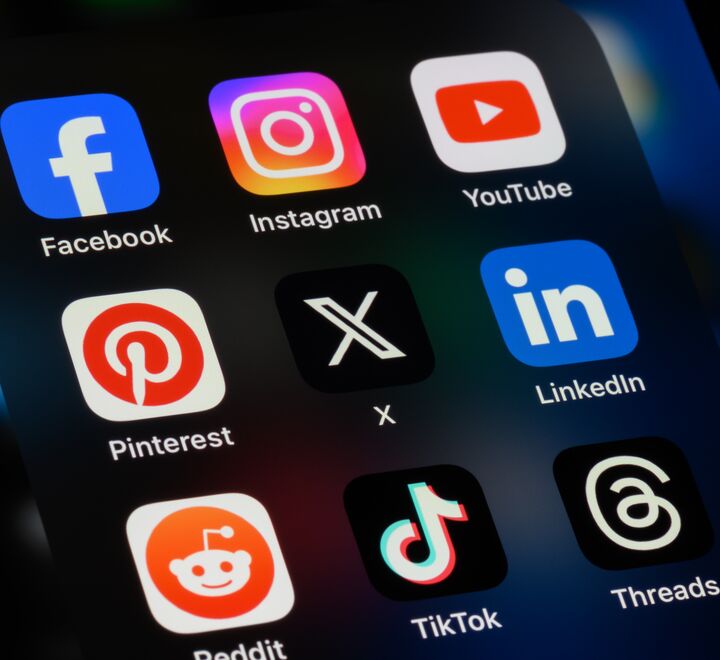Why do some monopolies stand out as truly remarkable workplaces? And what can every leader learn from them?

Stronger by Choice: Thriving Without Competition
Economists have long argued that without rivals, organizations stand still. Competition, they say, is the spark of innovation.
But here’s the surprise: some of the world’s most respected workplaces are monopolies. They have no competitors, and yet, they thrive. Not because they have to, but because they choose to.
The myth of competition
Classical economists such as Schumpeter, Hannan, and Freeman claimed that innovation is born out of “creative destruction”, the battle of companies outsmarting each other. And yes, competition can be a powerful driver.
But competition is not the only way. Organizations are made of people, and people don’t thrive just because someone else is chasing them. They thrive when they feel valued, when their work has meaning, and when their employer invests in their growth. That’s where monopolies with vision have something to teach us.
Vinmonopolet: a monopoly people love to work for
Take Vinmonopolet, Norway’s state monopoly on alcohol sales. By definition, it has no competitors. Yet year after year, it is ranked among the country’s best places to work.
The reason lies in the choices it makes: continuous investment in training and development, a strong commitment to diversity and inclusion, and a workplace culture that emphasizes collaboration and belonging. Employees stay not because they have no alternatives, but because they feel valued and part of something bigger.
Around the world: leading without rivals
Singapore Airlines: With little domestic competition, it could afford to take passengers for granted. Instead, it doubled down on service and culture. Pilots and staff stay for years – the average tenure in key digital roles is over nine years – and that loyalty helped the airline bounce back faster from the pandemic.
BBC (UK): The public broadcaster isn’t playing by the same commercial rules as private TV. Still, it invests heavily in training and internal development, building a reputation for creative excellence and retaining talent that could easily go elsewhere.
Central banks like Banca d’Italia or Banque de France: They don’t face rivals, but they’ve long invested in training, career development, and workplace well-being. The result? Long careers, loyalty, and institutional strength.
Poste Italiane: Once symbolic of bureaucratic inefficiency, it has recently embarked on a significant cultural transformation. HR plans now include large-scale digital training programs and new hiring waves, with the declared aim of improving service quality and strengthening internal satisfaction, all while maintaining a semi-monopolistic status.
What business leaders can learn
So what is the real takeaway for leaders – whether you operate in a crowded market or a protected one?
1. Culture is not a luxury. Even monopolies make it a priority. If they can invest in their people without the constant pressure of competitors, leaders in competitive markets have even more reason to do so. Culture is not a side project; it is the backbone of resilience.
2. Work is life. Employees don’t stay because of salary alone. They stay where they find dignity, meaning, and the possibility of growth. When leaders create environments that nurture these values, they build a loyalty that no pay rise can buy.
3. Choice is strength. As James Heskett (2022) reminds us in Win from Within, a strong culture is a strategic advantage that doesn’t emerge by accident. It comes from deliberate decisions, from leaders who choose to care and to invest in people. That choice - not the pressure of competition - is what sets truly successful organizations apart.
4. Reputation matters. Even organizations with no rivals are constantly under the spotlight of customers, regulators, and society. Culture is the invisible currency that builds legitimacy, shaping how stakeholders perceive and trust the organization.
We don’t need constant market pressure to move forward. What we need is leadership that chooses to care. That’s not just good for people, it’s what makes organizations stronger.
Reference:
Heskett, J. (2022). Win from within: Build organizational culture for competitive advantage. Columbia University Press.
Published 17. November 2025




